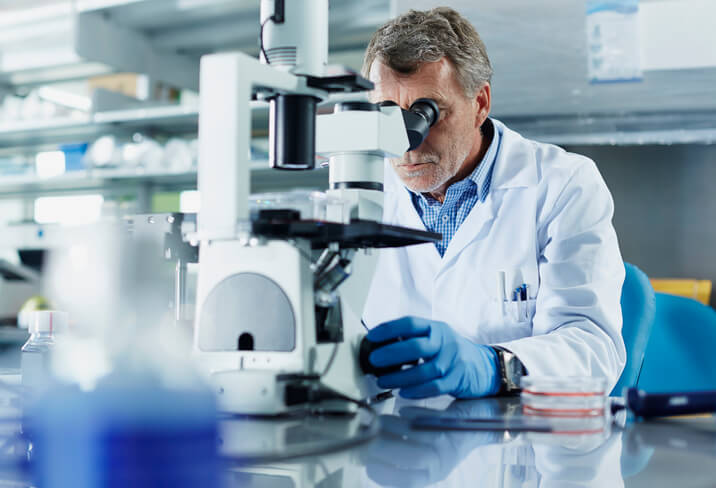What is the endocannabinoid system? If you’ve ever been curious about the intricate workings of your body and how it regulates various functions, the endocannabinoid system (ECS) holds the answer. Discovered in the early 1990s, this complex cell-signaling system has fascinated researchers as they uncover its role in maintaining balance and harmony within our bodies. In this blog, we’ll delve into the depths of the endocannabinoid system, exploring its components, functions, and even its interaction with cannabinoids like THC.
What Is the Endocannabinoid System?
The endocannabinoid system, also known as the ECS, is a remarkable cell signaling network within your body. While researchers are still unraveling its complexities, the ECS regulates many functions and processes, including sleep, mood, appetite, memory, and even reproduction and fertility. Interestingly, the ECS is active and present in your body regardless of whether or not you use cannabis. It’s a fundamental system that helps maintain harmony within your body.
Endocannabinoids
Endocannabinoids, or endogenous cannabinoids, are molecules similar to cannabinoids found in cannabis but produced by the body. Currently, researchers have identified two key endocannabinoids: anandamide (AEA) and 2-arachidonoylglyerol (2-AG). These endocannabinoids play a crucial role in keeping your internal functions running smoothly.
Endocannabinoid Receptors
Endocannabinoid receptors are found throughout your body and serve as binding sites for endocannabinoids to signal the ECS into action. There are two main types of endocannabinoid receptors: CB1 receptors, primarily located in the central nervous system, and CB2 receptors, mainly found in the peripheral nervous system and immune cells. Endocannabinoids can bind to either receptor, and the effects depend on the receptor’s location and the specific endocannabinoid it binds to. For instance, endocannabinoids may target CB1 receptors in spinal nerves to alleviate pain or bind to CB2 receptors in immune cells to indicate the presence of inflammation, a common sign of autoimmune disorders.
Enzymes
Enzymes play a crucial role in the endocannabinoid system by breaking down endocannabinoids once they have fulfilled their function. Two primary enzymes are responsible for this breakdown: fatty acid amide hydrolase, which breaks down AEA, and monoacylglycerol acid lipase, which typically breaks down 2-AG.
What Function Does the Endocannabinoid System Serve?
The endocannabinoid system is incredibly intricate, and researchers are still uncovering its full range of functions and mechanisms. Current research has linked the ECS to various processes, including appetite and digestion, metabolism, chronic pain, inflammation, mood regulation, learning and memory, motor control, sleep, cardiovascular function, muscle formation, bone growth, liver function, reproductive system function, stress response, and even skin and nerve function. All of these functions contribute to homeostasis, which refers to the stability of the body’s internal environment. When an external factor like pain or fever disrupts your body’s homeostasis, the ECS kicks in to help restore your body to its ideal functioning state. Thus, experts now believe maintaining homeostasis is the primary role of the ECS.
How Does THC Interact with the ECS?
Tetrahydrocannabinol (THC), one of the main cannabinoids found in cannabis, is the compound responsible for the “high” associated with its use. When THC enters your body, it interacts with the ECS by binding to receptors like endocannabinoids do. THC’s potency lies in its ability to bind to both CB1 and CB2 receptors, which gives it a wide range of effects on your body and mind. For instance, THC may help alleviate pain and stimulate appetite, but it also produces a psychoactive effect. Researchers are actively exploring ways to produce synthetic THC cannabinoids that interact with the ECS solely in beneficial ways, reducing unwanted side effects.
Talk to a Provider Today
If you’re still curious about the endocannabinoid system and the potential benefits of medical marijuana, Pause Pain & Wellness is here to help. As Mississippi’s premier Medical Marijuana Card Clinic, our experienced team at multiple locations statewide is ready to provide guidance and support on your journey. Don’t hesitate to contact us at 833-940-5060 if you have any questions or want to learn more about the endocannabinoid system and the potential benefits of medical marijuana.

